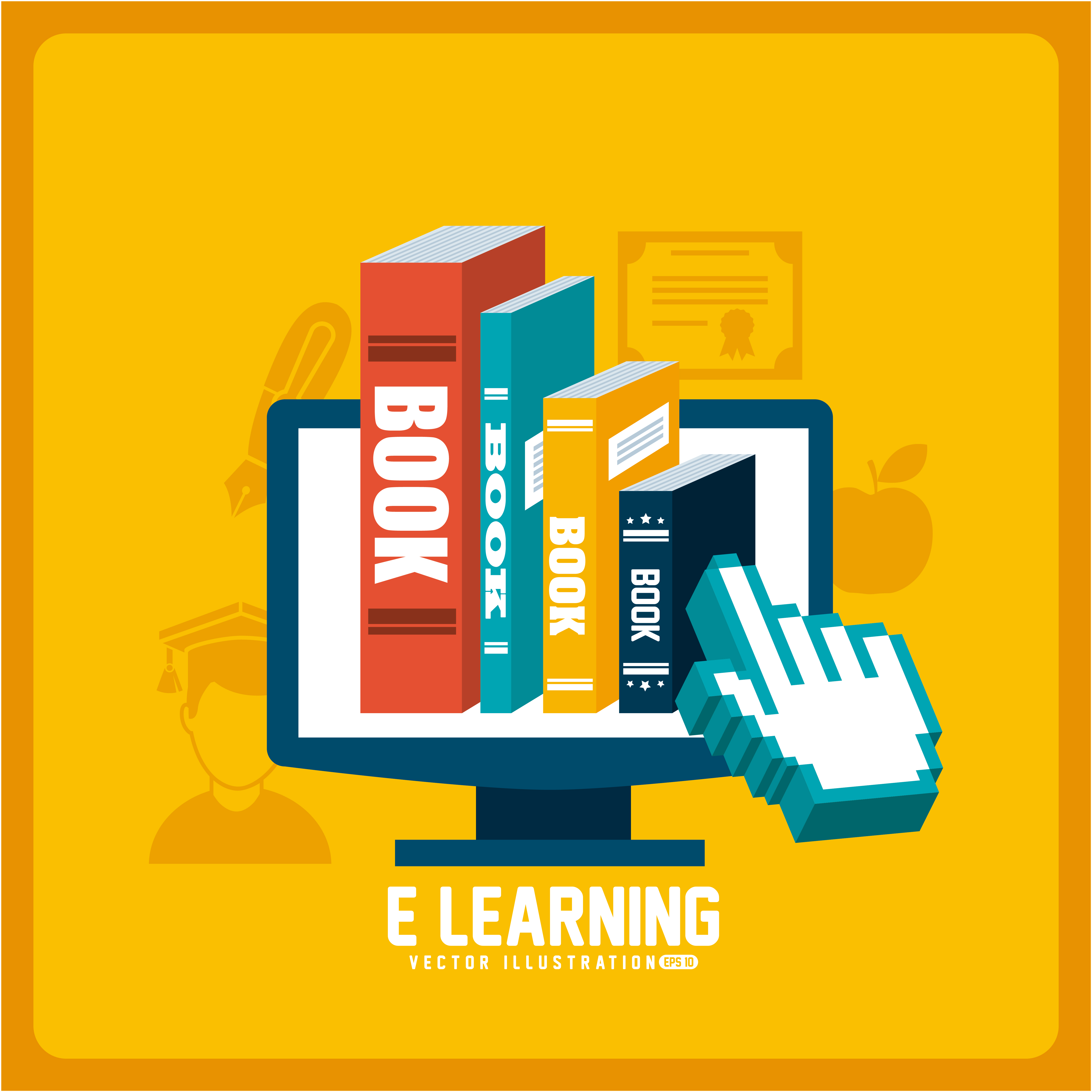In the recent years, the online training has been expanded and consolidated at all educative levels, either formal education or non-formal education. Virtual learning, eLearning or online training are some of the terminology that it is used to refer to the acquisition of knowledge by means of a relatively new tool such as the Internet. Nonetheless, Bernard Luskin thinks that eLearning is more than just learning in the net and provides an added value to this definition. Luskin defends that the “e” of eLearning not only refers to the electronic training aspect but also to adjectives such as exciting, energetic, extensive and engaging, providing then a much more enriching experience. But when and how this option began to gain popularity? Hereunder we will briefly analyse it.
Certainly, the peak of the online training could not be understood without taking into account the rapid dissemination and extension of the new technologies. Those bursted into all areas of society, and was gradually gaining more importance within the education field.
In 1969 it was created the net called ARPANET, which would be the basis of the Internet on which all communications would be designed. Nevertheless, it is not until the 90s that appears for the first time a webpage (www.) that would allow to show several contents along with the boom of the Internet, that emerges the concept of eLearning. In fact, that same year , Randy Conrads creates the first social network with educational character. And one year later, the concept eLearning or online training is consolidated; websites already show content specifically addressed to the students’ acquisition.
The first LMS appears in 1997, but it is not until the creation of Moodle that educational institutions start using these digital tools in a formal way. During the next years, many schools, high schools and universities feel encourages to use this platform and other virtual classroom sites to support formal or face-to-face education. In its origins, eLearning was linked to computers, but in 2005, emerged the concept of mobile-learning which consisted on adapting portable electronic devices such as mobile phones, or at a later stage, tablets, to the online education. Furthermore, in 2008 the first MOOC (Massive Open Online Courses) appear. Those courses provide the world citizens the possibility to join many kinds of courses, without restrictions. This caused a change in the nature of the online learning concept, due to the fact that these courses demand more responsibility from student. From this moment on, and with the rise of the technologies thanks to the wide popularity of social networks and apps, the eLearning continued progressing. Then, it is fair to say that the evolution of the eLearning has been subjected to technological transformations and the changes posed by the education.
As we have observed, along the years Internet has been spreading and progressing and it still is, the same happens with the eLearning. Nowadays, online learning has become the first option for many people due to the almost complete integration of digital technologies in the society, the flexibility of access, low cost, individualisation, comfort, etc. It is not only an option for those who want to enroll in a course but also for those who are willing to achieve a formal certificate. eLearning is now specifically adapted and addressed to the student
Como podemos ver, a lo largo de los años en los que Internet ha ido creciendo y mejorando, también lo ha hecho el eLearning, Hoy en día, el aprendizaje online se ha convertido en la primera opción de mucha gente debido a la casi completa integración de las tecnologías digitales en la sociedad, la flexibilidad de acceso, bajo coste, individualización, comodidad, etc. No es solamente una opción para aquellos que quieren realizar cursos, sino también para aquellos que quieren adquirir titulaciones formales. El eLearning hoy está mucho más dirigido y adaptado al alumno de lo que nunca antes lo estuvo.
In CIDET, we are aware of these relevant facts and for this reason, we have developed a platform of eLearning called Edueca that attempts to offer not only an space to deliver your courses but also to promote social learning among those who are registered in our platform. We encourage you to join new technologies and to try the benefits of using online education in Edueca (www.edueca.com).





